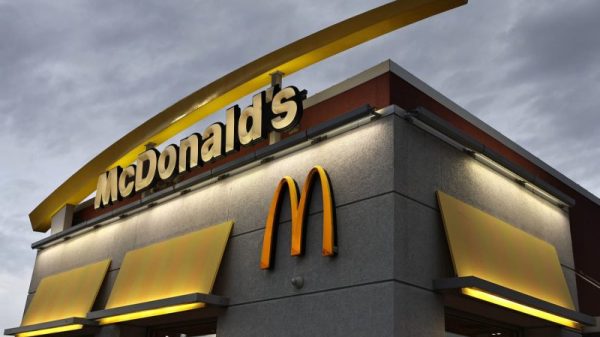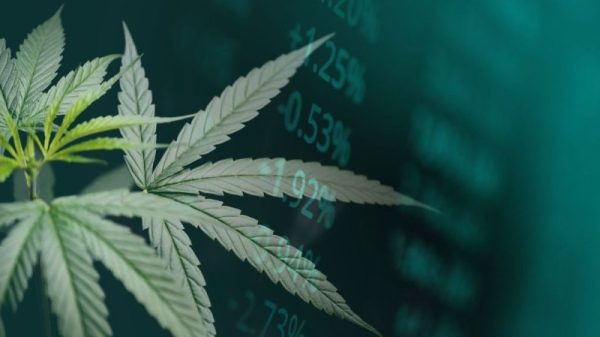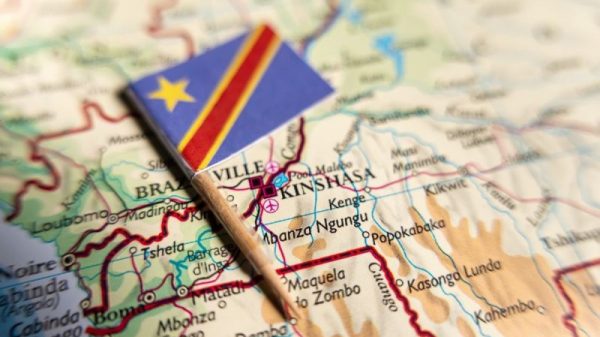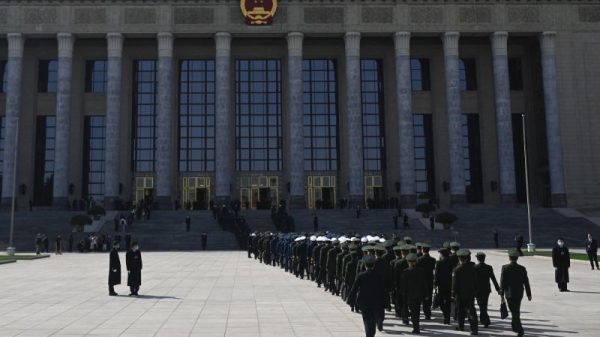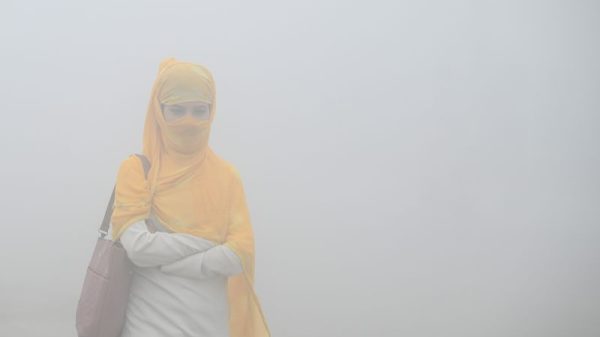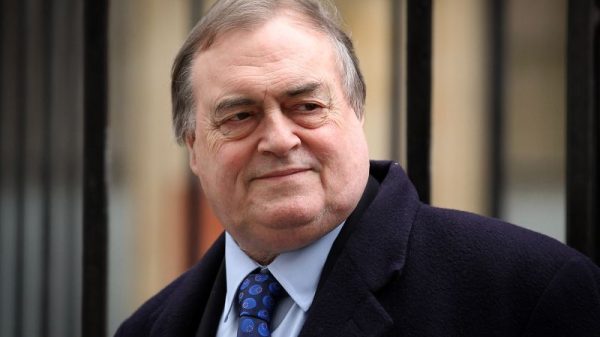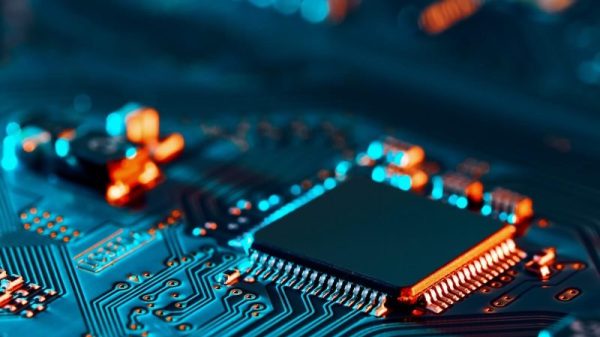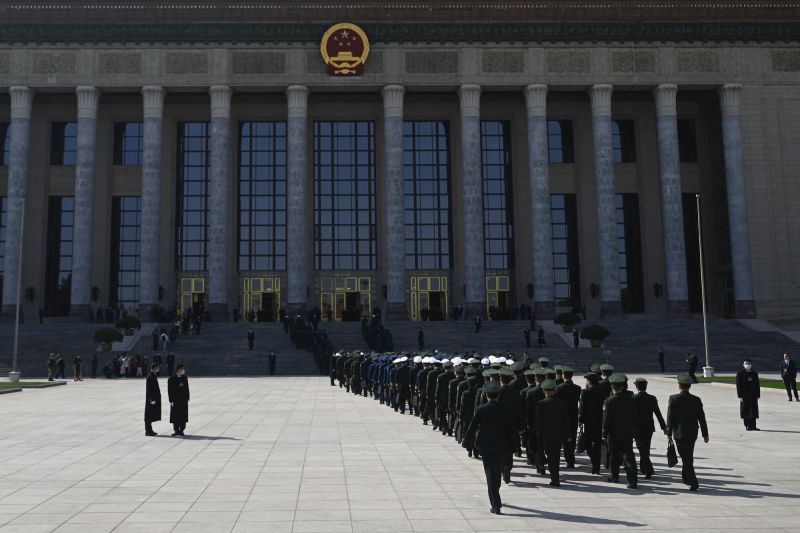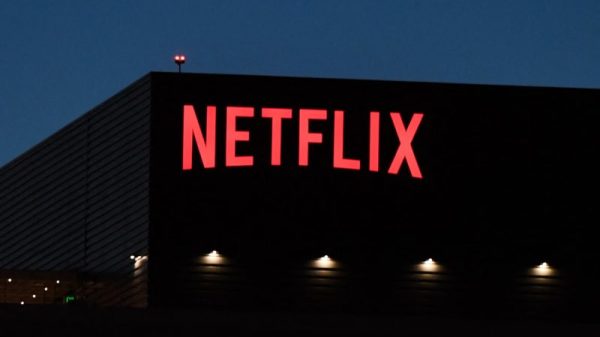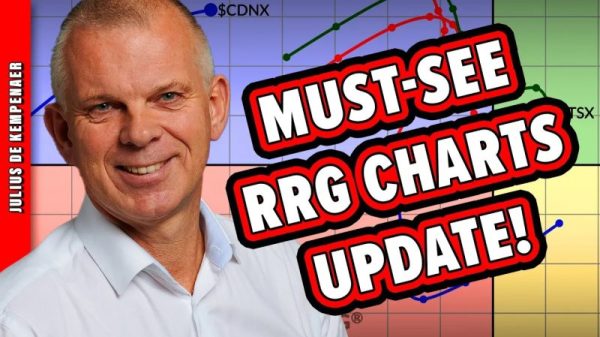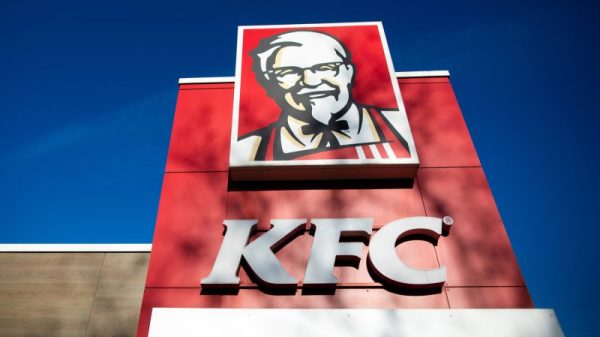In an unprecedented move, China’s government has launched an investigation into Lt. Gen. Dong Hongcai, a top-ranking military official, marking a significant expansion of President Xi Jinping’s ongoing purge of senior military officers.
Dong Hongcai, who currently holds the weighty position of Deputy Director of the Army’s General Logistics Department, is reportedly under scrutiny of the government for serious disciplinary and legal violations. While the specifics of these accusations are yet to be revealed, such allegations typically pertain to corruption, a bitter plague that President Xi Jinping has vowed to ruthlessly wipe out.
Since assuming power in 2013, Xi has pursued an aggressive campaign against corruption within China’s government and military, fueled by his public promise to take down both tigers and flies – a metaphor referring to high-ranking officials and low-level bureaucrats who are mired in corrupt practices. This broad purge is not just a fight against corruption, but also a strategic move by the President to consolidate his power base and establish full control over the military.
As Deputy Director of one of the most significant departments in China’s People’s Liberation Army (PLA), Dong Hongcai’s fall from grace points towards an increasingly tough stance against graft in the ranks of China’s military. The PLA, one of the world’s largest military forces, has been under the spotlight for years due to rampant corruption, making it one of Xi’s primary targets in his anti-corruption drive.
Since the launch of his anti-corruption campaign, Xi has not shied away from taking action against high-profile figures within the military. More than 100 high-ranking officers had been investigated and expelled from the Communist Party since 2013. However, the move against Hongcai, who is believed to have close ties to former senior military officers, signals an expansion of the purge, illustrating that none, irrespective of their alliances, are immune from scrutiny.
This investigation highlights the relative authority that Xi holds over the military. While past leaders have largely stayed clear of the PLA’s internal affairs, Xi, who also holds the position of chairman of the Central Military Commission, has unflinchingly taken on the task of cleaning up the heavily-entrenched corruption within its ranks.
Moreover, this move against Hongcai showcases Xi’s resolve to execute his methodically designed military-civil fusion strategy, which aims at leveraging private sector technology for military use. By purging the PLA’s upper ranks of corrupt officials, Xi aims to streamline military modernisation efforts, which have often been stymied by internal corruption.
Overall, the investigation into Dong Hongcai is indicative of China’s ongoing and broadened efforts to instil discipline, eliminate graft, and strengthen unity within the military forces. It sends out a powerful and unambiguous message that corruption, at any level, will not be tolerated in the Chinese military, reflecting Xi’s firm determination to root out the deep-seated corruption in China’s military and government apparatus. While the campaign has been far-reaching and relentless, it is also vital to recognise the political undercurrents, as these investigations help reinforce Xi’s supreme command over the nation.






